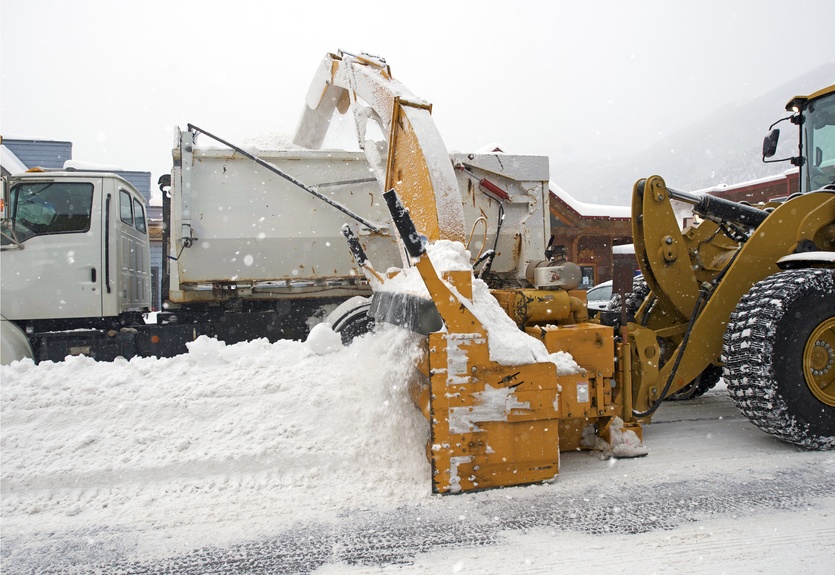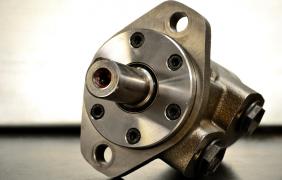A Brief Winter Maintenance Checklist for Heavy Equipment

It should go without saying that establishing a heavy equipment servicing schedule is essential to maintaining the health of your heavy equipment parts. You have to make sure ahead of time that your machinery can handle the types of jobs it's meant for because the last thing you need is to be caught off guard when crucial heavy equipment components fail on the jobsite. Not only could a failure like this be dangerous, but when you factor in repairs and lost time, the costs could far outweigh those required for preventative maintenance.
Construction equipment experts know that the best time of year for heavy equipment servicing is just before the winter season. When you perform preventative maintenance before the cold weather sets in, you ensure that all of your parts are prepared to sit dormant for a few months without suffering any lasting damage or complications. Here is a brief maintenance checklist to keep handy when you are prepping your equipment for the winter:
Filters
- Check filters for clogging. Hydraulic filters can work to prevent contamination, which is ideal since about 75% of all fluid power failures can be attributed to contamination issues.
- Replace the fuel filter and empty the fuel water trap.
- Make sure you always have extra filters on hand.
Tires
- Inspect tires before storage.
- In order to improve the tire bead seal, make sure you inflate all tires in a heated environment.
- During inflation, use dry nitrogen gas to lower the chances of ice crystal formation.
Battery
- Charge the battery before storing.
- Always store the battery in a warm, dry environment.
- Recharge the battery whenever capacity drops below 75%.
- Check your stored batteries every 30 to 45 days.
Fuel
- Drain the water from the water separator each day in order to ensure that the fuel tank is clear of debris.
- To remove contaminants and fuel residue, drain the machine’s tank while the engine is running.
- Fill the fuel tank at the end of every day to minimize water build-up.
The checklist above should work as a good rule of thumb for just about any kind of heavy equipment. Of course, preventative maintenance should not wait until just before the wintertime, but should be taken care of all year round.


